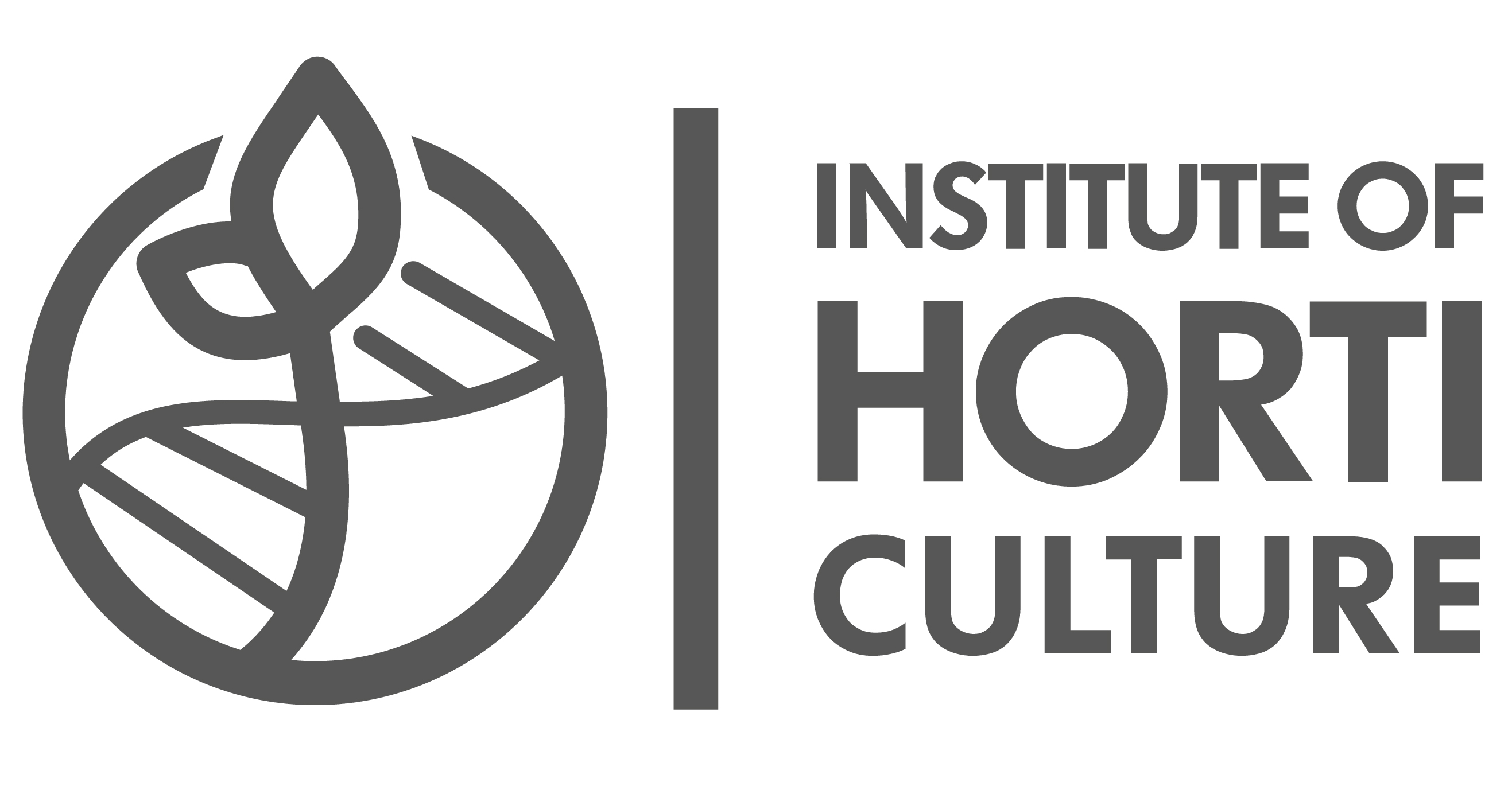Elaboration of environment-friendly crop growing technologies identified by the Green Deal and their implementation in horticultural production in Latvia (GreenHort)

Project purpose:
The aim of the GreenHort project is to implement applied interdisciplinary research in collaboration between research institutions and farmers that explores the agronomic and social aspects of technological solutions aimed at ensuring the enforcement of the Green Deal in horticulture and facilitates the efficiency of their implementation for transformation and advancement of crop growing technologies in line with producers’ possibilities and needs in moving towards environment-friendly farming practices.
The aim of the project contributes to the achievement of the goals of the Transformation Direction no. 1 of the Latvian Smart Specialization Strategy (RIS3) (Change of the structure of production and exports in traditional economic sectors), including the development of human resources in science and technology and creation of new knowledge, as well as improving agricultural competitiveness. According to the NACE classification, the activities proposed correspond to code 72.19; according to the OECD classification of science it relates to codes 4.1. (agriculture, forestry, fisheries) and 5.4. (sociology). Economy branch influenced by the project accordingly to NACE classification is 01.13.
Project activities are aimed at the implementation of the measure stipulated by the European Green Deal, which strives to move towards environment- and climate-friendly farming. An interdisciplinary approach is employed to achieve the goal set for the project by joining the expertise and skills of horticultural and social scientists and producers. The project tasks are set to explore and analyse the causes of the present situation of a rather low uptake of green technologies (intercroping, catch-crops, green manure application) on farms, by using a participatory, end-user-oriented approach in the investigation, implementation and promotion of a set of environment-friendly technological solutions.
The research focuses on altering the soil management methods by introducing intercropping and green manure in crop rotation, as well as promoting maximum soil cover with plants (also in winter), and interrow mulching. These are technological solutions that are practically feasible for the introduction of a system of sustainable soil management in horticulture.
Social research is integrated in the project as an important cross-cutting component in the implementation of an evidence-based and participatory approach in the project activities. It will provide support in the elaboration of technologies and their implementation into practice through active engagement of the farming community.
Project collaboration partners: Foundation "Baltic Studies Center", Ltd “LM Product” farm "Atvases".
Amount of funding: The total budget of the project is EUR 500 827.05, of which EUR 412 130.598 is ERDF funding.
